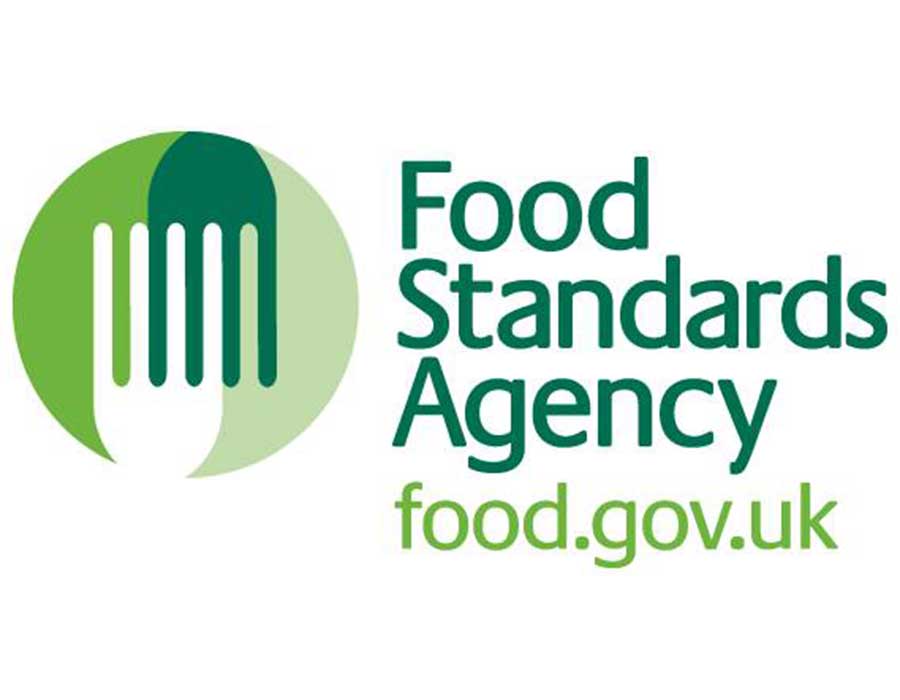Mentor Training is the UK’s leading provider of nationwide workplace transport, material handling, and safety management training. Here, they explain the importance of assured standards of training for your workforce, for safety and compliance.
Understanding the importance of training and delivering it to your workforce is a vital first step on the journey to achieving safe, compliant operations, and avoiding costly accidents. However, with available courses developed and delivered to widely varying standards, you must be especially careful when selecting a provider to ensure you are getting what you really need.
During the process, you may find yourself comparing operator training courses from different providers, at varying prices. While they may all seem the same on the surface, you’ll need to dig a little deeper to discover any crucial differences and find out which offers you the necessary protection for your team and your business.
With around 1,300 serious injuries occurring as a result of forklift-related accidents every year, the risks are real and the repercussions costly should an incident occur, so it’s vital that you know what you’re getting for your money and can be confident that your team and your business are protected. Ask yourself, in the event of an audit, or worst case an accident, are you fully confident that all requirements would be met? If not, seek out a provider who offers you that all-important peace of mind.
Not sure what to look for? We explain the key criteria when sourcing training to make sure you’re fully covered for safety and compliance.
Vital quality-assurance checks
Your minimum expectation when searching for operator training should be for it to be accredited – however, there are still some key criteria to meet to make sure that this provides the assurances you need.
There are various accrediting bodies for forklift training but providers accredited by members of the Accrediting Bodies Association for Workplace Transport (ABA) have been assessed as equipped to deliver training meeting standards that align with all relevant legal guidance and best practice.
However, although they are able to deliver courses to an accredited standard, some providers also offer customers unaccredited options, which are not required to meet the same benchmarks, meaning certain compromises are made. Be sure to confirm what you’re getting, so you are not compromising your compliance.
Another important quality check is course registration. Providers that register their courses with the relevant accrediting body are regularly audited to confirm the required standard of training is being delivered. Among other checks, accrediting bodies review the processing of results and ensure that all instructors carrying out training hold valid registration. So it’s important to confirm that accredited courses are being registered, which ensures that regular quality audits are taking place.
Though it is key, for full protection, companies should look beyond ABA member accreditation alone, as Mentor’s Commercial Director, Adam Smith, explains, “Seek assurances that your provider ensures standards are met every single time a course is delivered. This consistency will give you the confidence that any future compliance checks will be met.
At Mentor, for instance, we utilise standardised course material, additional audits, internal verification of results, comprehensive internal pre-emptive checks and much more to ensure that, regardless of where or when our training is delivered, customers can have full peace of mind that standards will be met.”
The consequences of compromising quality
These assurances are vital, as the consequences are serious should requirements not be reached.
Without the proper level of training, operators are more likely to be involved in accidents. With employees utilising machinery that is often twice the weight of a family-sized car, unsafe practice can soon result in dangerous, potentially fatal, incidents.
There are also significant financial implications, with accidents affecting productivity, causing costly damage and leading to lost time and stock. And that’s before factoring in any fines and legal costs (often amounting to 5 or even 6-figure sums) should prosecutions occur. So any initial saving on the course price could and end up costing you far more in the long run.
Training you can trust
When sourcing your MHE training, remember, prioritising an initial cost saving without understanding the implications for safety and compliance could put your operators, and those around them, in danger.
As Mentor’s Commercial Director, Adam Smith, summarises, “Ultimately, you need to be confident of the standard of training you’re investing in and the protection it will provide your team and your business. Selecting a provider that has experience and a proven track record of successful course delivery to the required standards, will award you with full compliance and peace of mind that is worth its weight in gold.”
Prioritise quality-assured training to protect your workforce and your bottom line from costly accidents. You’ll not only create a safer work environment but also safeguard your company’s long-term success.
Mentor provides trusted training which awards customers with total assurance of standards. To ensure compliance, get in touch with a member of our specialist team and find out more.
……..Ends……
For further information contact Amy Alton of Mentor FLT Training on 01246 555222 or email: amy.alton@mentortraining.co.uk
Accompanying Image: Costly accidents


























